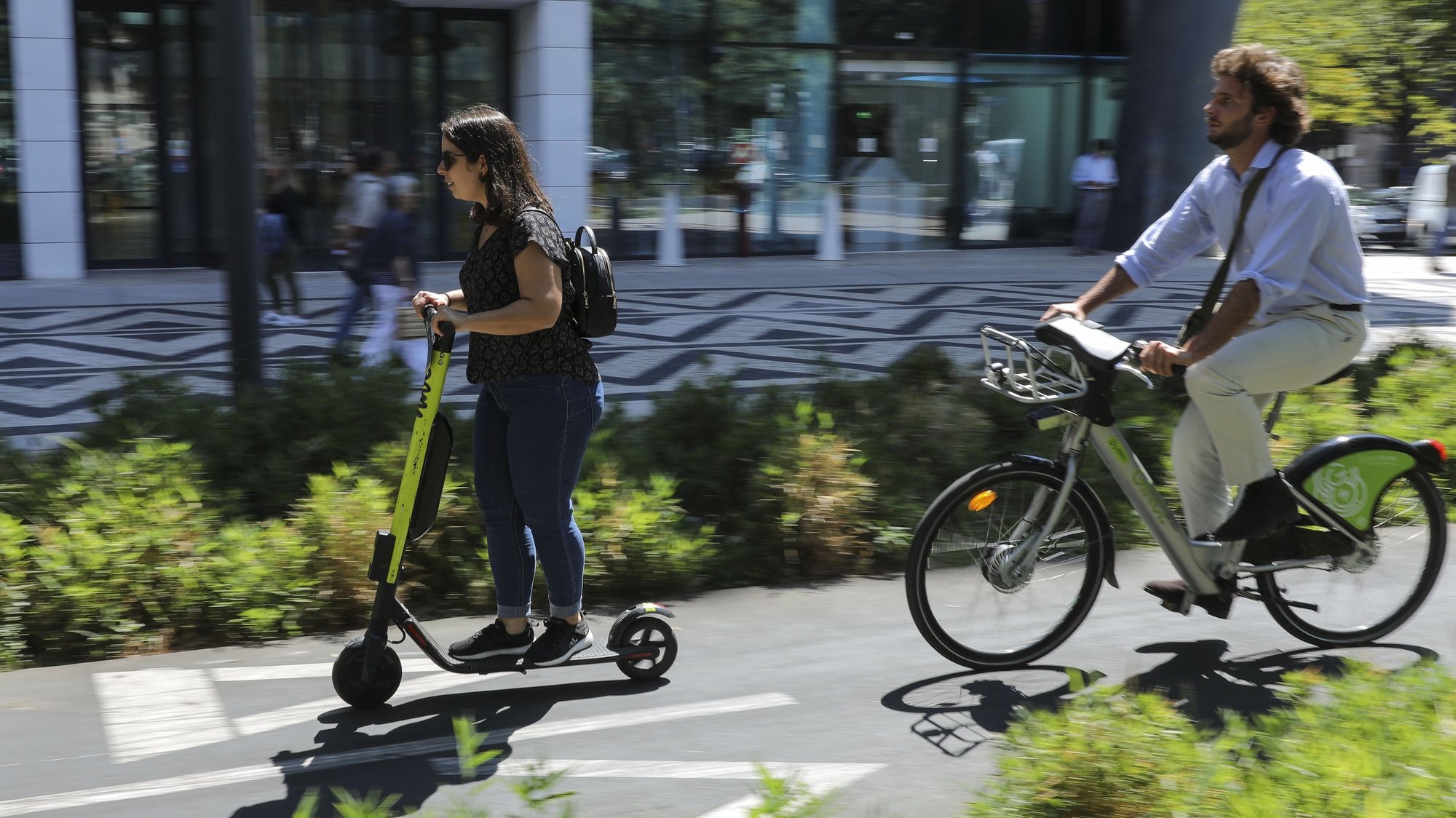A professor from the Higher Institute of Social and Political Sciences defended this Wednesday that mobility planning in Portugal is “far from being good” and that the Support Program for the Reduction of Transport Tariffs (PART) needs to be “rethought”.
“Mobility planning in Portugal is far from being good”, said Avelino Oliveira during the conference “The challenges of Mobility in the Porto Metropolitan Area”.
In a conference in which, among other objectives, he sought to find solutions for the territory and for people in terms of mobility, the professor and architect defended that the PART is “being the backbone of the planning strategy of the transport authorities ”.
With these very well-intentioned strategies, we are weakening ourselves. There is a lack of a national purpose, a national strategy. We are absolutely fragmented on this matter and we must stop and reflect”, considered the professor at the Higher Institute of Social and Political Sciences (ISCSP) of the University of Lisbon.
On the sidelines of the intervention, Avelino Oliveira, also an architect, told Lusa that the program has been the “backbone” of financing the transportation authorities’ mobility strategies, which is “unmistakable.”
“The PARTE must be reconsidered because in three years we have already spent some 900 million euros on the PARTE and, in fact, what we observe is that the car has already recovered the indices and indicators reached until 2019 and public transport has not. Cheaper passes alone are not enough,” he said, noting that costs with this program “will go up.”
Defending the need to “rethink” the PART, Avelino Oliveira stressed that both in Lisbon and Porto there are intermodal passes, but “there are no more” in the country.
If the financed amount delivered to the authorities were conditioned to the creation of an intermodal, people in the rest of the territory would no longer need to walk with two or three passes in their wallet, or on one bus line because they cannot travel on the other. ”, he clarified, adding that, as such, it allowed “stimulating” intermodality in Portugal.
Considering that the PART is “only a budgetary bet to reduce to cheap passes without seeing the entire ecosystem” of mobility, the professor also said that this “does not solve” the problem of mobility in the country.
“We have to stop parking cars in the city center, we have to prohibit circulation within a radius of three to five kilometers in what are the most central areas, we have to create active and mandatory mobility plans in the territories so that policies are integrated,” he said.
Avelino Oliveira also stated that a “strategic document” is needed, based on measures and strategies adopted in the national territory, but also in other European countries, not rejecting the idea that mobility needs a Basic Law.
“We need a fundamental programmatic strategic document that defines the guidelines of our country,” he said, noting that the participation of technicians would be fundamental in the preparation of this document.
“I am an architect by profession, we tend to look at the complex. We see the object as a system and we have a systemic view of matter. I believe that mobility needs some architecture, which cannot be solved with money alone. Cheaper passes is not the solution,” he added.
The city of Porto hosted this Wednesday the first conference organized by the Mobility and Transport Authority on the challenges of mobility in the Metropolitan Area of Porto, which, among other objectives, aims to find solutions for the territory and for people. After Porto, the conference will take place on September 20 in Lisbon.
Source: Observadora
